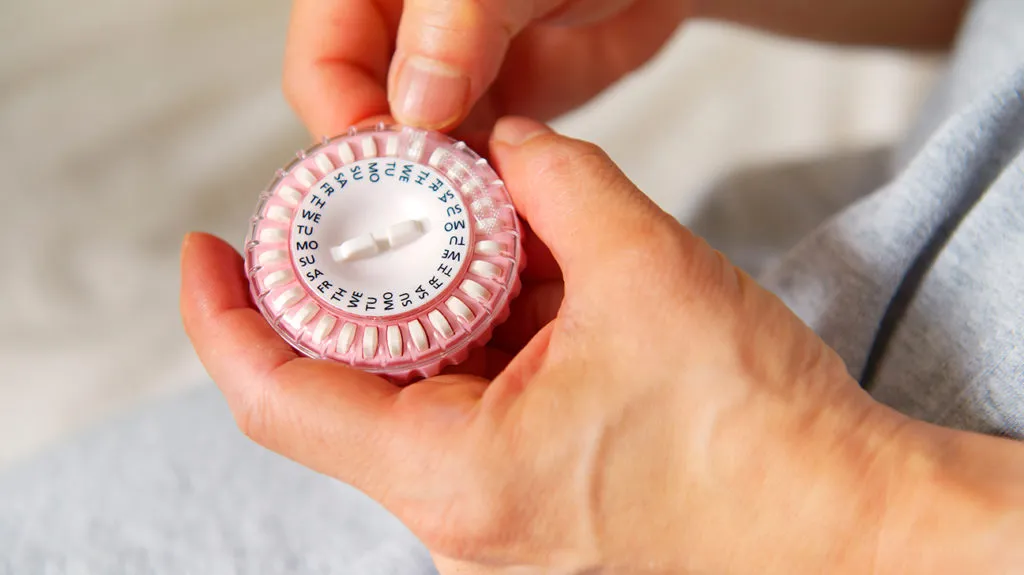Empowering Women Through Menopause
Hormone Replacement Therapy (HRT) is a medical treatment aimed at alleviating the symptoms of menopause by supplementing the body with hormones, typically oestrogen and sometimes progesterone or progestin. This therapy is used to address the hormonal imbalances that occur during menopause, offering relief from symptoms and improving quality of life for many women.
How Hormone Replacement Therapy Works
During menopause, the ovaries produce lower levels of oestrogen and progesterone, leading to various symptoms such as hot flashes, night sweats, vaginal dryness, mood swings, and sleep disturbances. HRT works by supplementing these hormones to alleviate these symptoms and mitigate the potential health risks associated with decreased hormone levels.


Types of Hormone Replacement Therapy
- Oestrogen Therapy: Involves taking oestrogen alone, typically recommended for women who have undergone a hysterectomy.
- Combined Hormone Therapy: Combines oestrogen with progesterone or progestin to protect the uterus lining in women who haven’t had a hysterectomy.
- Low-Dose Vaginal Products: Treat vaginal dryness and discomfort by applying oestrogen directly to the vaginal area.
Benefits of Hormone Replacement Therapy
- Relief from Menopausal Symptoms: HRT can effectively alleviate symptoms such as hot flashes, night sweats, vaginal dryness, and mood swings, improving overall comfort and quality of life.
- Prevention of Bone Loss: Oestrogen helps maintain bone density, reducing the risk of osteoporosis and fractures in postmenopausal women.
- Potential Heart Health Benefits: Some studies suggest that HRT might have cardiovascular benefits in younger women within the early stages of menopause.


Considerations and Risks
- While HRT can be highly effective in managing menopausal symptoms, it’s essential to consider individual health factors and risks:
- Risks and Side Effects: Potential risks associated with HRT include an increased risk of blood clots, stroke, heart disease, breast cancer (with long-term use), and gallbladder disease.
- Individual Health Profile: A personalized approach is crucial, considering a woman’s medical history, age, symptoms, and overall health, to determine if HRT is a suitable option.
- Duration and Dosage: The duration and dosage of HRT should be carefully monitored and adjusted according to individual needs.
Consultation and Monitoring
- Before starting HRT, women should consult with a healthcare provider to discuss their symptoms, medical history, and potential risks and benefits. Regular check-ups and monitoring during HRT use are essential to evaluate its effectiveness and adjust the treatment plan as needed.


Conclusion
- Hormone Replacement Therapy can significantly improve the quality of life for women experiencing distressing menopausal symptoms. However, it’s crucial to have an informed discussion with a healthcare provider to determine the most suitable and safest approach based on individual health considerations.Empowering women through menopause, HRT offers a potential solution to manage symptoms effectively and navigate this significant life transition with greater comfort and confidence.
